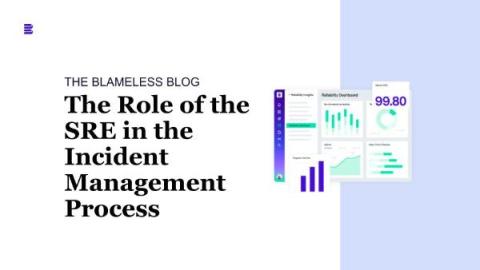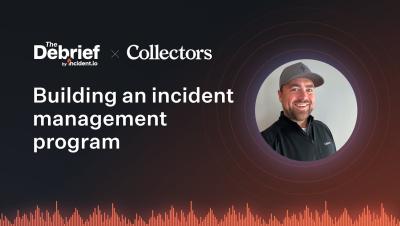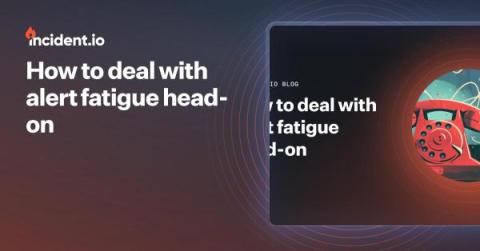Strategies for Scaling Systems Reliably by Bob Lee
I was out there in sunny Austin this February, speaking at Civo Navigate 2024. The event was jam packed with amazing talks, and it was great meeting so many people with long and fascinating careers in engineering and Site Reliability. I had the privilege of meeting Bob Lee, who currently leads DevOps at Twingate — a cloud-based service that provides secured remote access, and poised to replace VPNs.











